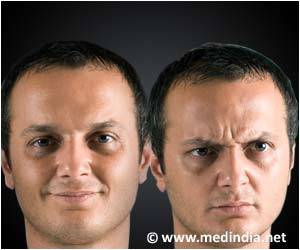This study will encourage news organizations that send journalists into harm's way to look out for their psychological health and offer confidential counseling.

Lead researcher Anthony Feinstein, professor of psychiatry at the University of Toronto in Canada, said, "A notable finding was the markedly different psychological responses from journalists to their coverage of the election violence and the Westgate Mall attack. The primary reason for this is likely to have been their proximity to danger."
The majority of journalists who reported on the Westgate massacre were not directly exposed to danger, while journalists reporting the 2007 elections experienced the post-election violence at first hand as neighbor turned on neighbor, communities were destroyed and the media in some cases became the focus of mob rage.
Feinstein said, "Here the risks were life threatening, the dangers underscored by the number of journalists injured. The deeply traumatic nature of this exposure to violence is highlighted by the fact that seven years on from the rioting and mayhem, prominent symptoms of post-traumatic stress disorder and anxiety remain. We hope that this study will encourage news organizations in Kenya and other African countries that send journalists into harm's way to look out for their psychological health and offer confidential counseling as a matter of course."
The findings appeared in the JRSM Open.
Source-IANS














